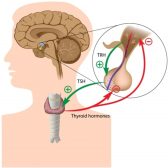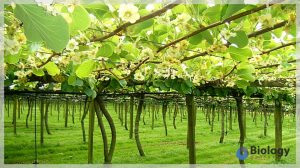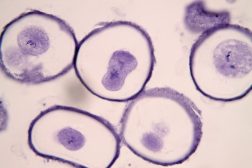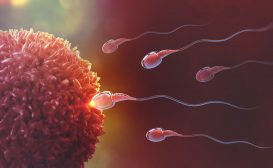stag
1. (Science: zoology) The adult male of the red deer (Cervus elaphus), a large European species closely related to the American elk, or wapiti. The male of certain other species of large deer.
2. A colt, or filly; also, a romping girl.
3. A castrated bull; called also bull stag, and bull seg.
4. An outside irregular dealer in stocks, who is not a member of the exchange. One who applies for the allotment of shares in new projects, with a view to sell immediately at a premium, and not to hold the stock.
5. (Science: zoology) Stag beetle, any one of several species of large branching corals of the genus madrepora, which somewhat resemble the antlers of the stag, especially Madrepora cervicornis, and M. Palmata, of Florida and the west Indies.
6. (Science: zoology) Stag-horn fern, a parasitic dipterous insect of the family hippoboscidae, which lives upon the stag and in usually wingless. The same species lives also upon the European grouse, but in that case has wings.
Origin: Icel. Steggr the male of several animals; or a doubtful AS. Stagga.
Dictionary > Stag
You will also like...

Hormone Production
Hormones are chemical messengers produced by specialized glands and they were produced by switching on the genes designe..

Biosecurity and Biocontrol
This lesson explores the impact of biosecurity threats, and why they need to be identified and managed. Examples to incl..

Meiosis – The Genetics of Reproduction
Meiosis is a form of cell division that creates gametes. It is comprised of two divisions that in the end, the resulting..

Human Reproduction and Fertilization
For human species to obviate extinction, reproductive mature adults should be producing viable offspring in order to con..

Lights’ Effect on Growth
This tutorial elaborates on the effect of light on plant growth. It describes how different plants require different amo..

Abiotic Factors – Water Conditions
A still body of water may be disturbed by a variety of factors. One of them is wind. In fact, it is considered as the pr..

